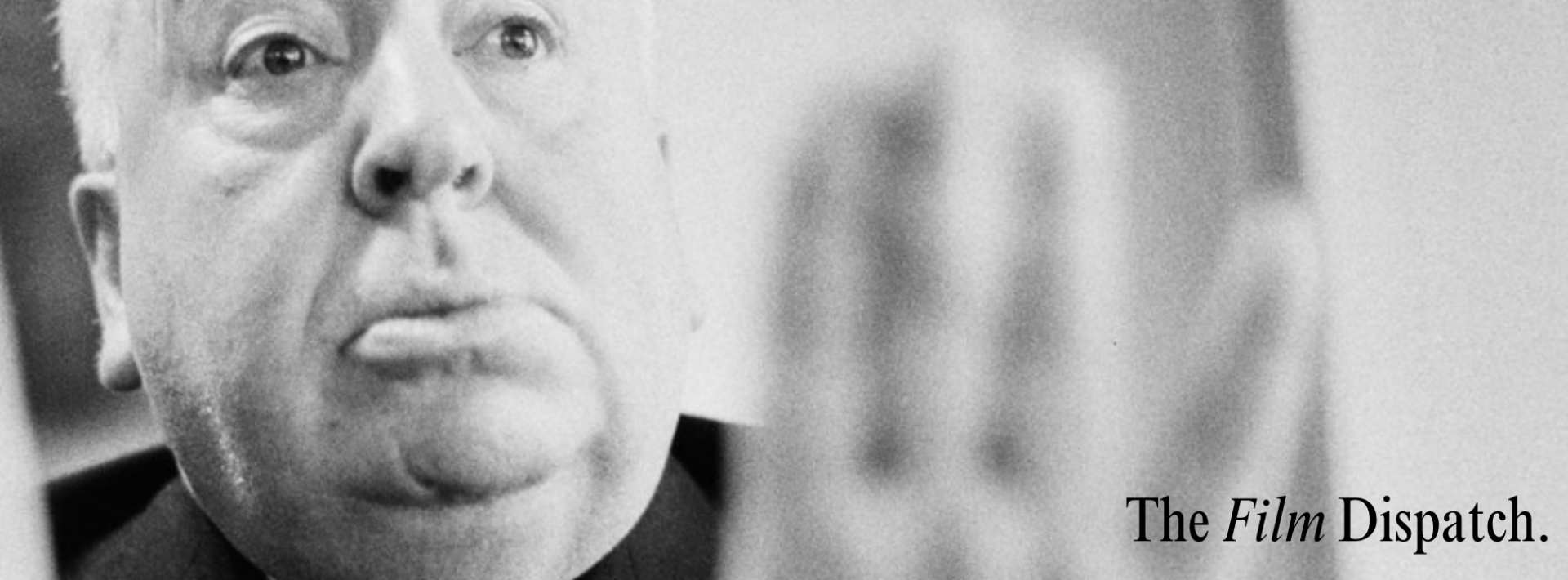
You’d think with a decades-long career under her belt, Emma Thompson would be out of ways to surprise us, but she proves us wrong with Good Luck to You, Leo Grande (2022, dir. Sophie Hyde).
An incredible film touchingly directed by Sophie Hyde, with admirable ambitions in a modest setting, Leo Grande is the story of Nancy Stokes (Thompson), a widow in her sixties who has never had an orgasm. Her husband was only interested in functional sex – Nancy knows his predictable, routine motions off by heart – and she has never been with anyone else. So, in an unprecedented leap of courage, she decides to provide herself with the chance at true sexual fulfilment by hiring a young sex worker.
When I saw the bare-bones summary of the film in the programme at the Berlin Film Festival last month, I was instantly intrigued. Plus, it was set for the majority of its running time in a single room with two actors (one of whom was Thompson!): it seemed too unusual an idea to miss. Before it began, I texted a friend that I hoped it was “as good as the description”. I was very happy to text her after that it was better. It’s a kind of sex comedy, but it has a lot going on. It’s about our bodies and how we relate to them, about parents and children, about sex and its functions, about men and women (and “those fluid arrangements you have these days”, as Nancy describes non-binary people at one point) – it is, therefore, about life.
Hyde (working from a screenplay by Katy Brand) keeps it light and buoyant for the most part. Thompson is particularly endearing – and very funny – as this mousy, straight-A woman who takes a very uncharacteristic step and then veers nervously between wanting it and doubting it. The sex worker she hires, the eponymous Leo Grande, is played by Daryl McCormack. It’s not easy being cast opposite an established presence and even tougher when it’s just the two of you in almost every scene, but McCormack is more than up to the task. He is confident, cool and sexy, but also affectionate and considerate, and he makes a person out of that ancient trope of the prostitute with a heart of gold. Not that Brand’s writing ever falls into clichéd traps, though. Instead, the film is a refreshing approach to the debate we all have with ourselves every day: do we love ourselves and our bodies? And also, how should we love our bodies? There’s also another question here: are we ever grateful enough for Emma Thompson?
Written by Sahir Avik D’souza for The Film Dispatch.

